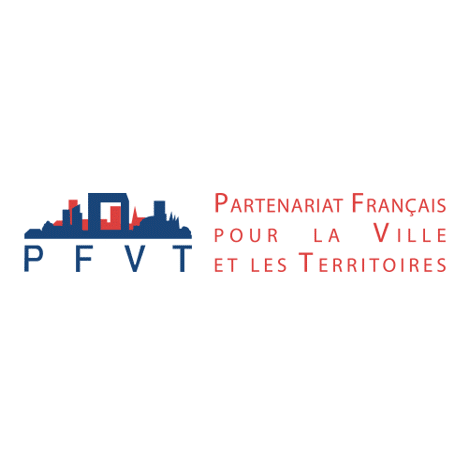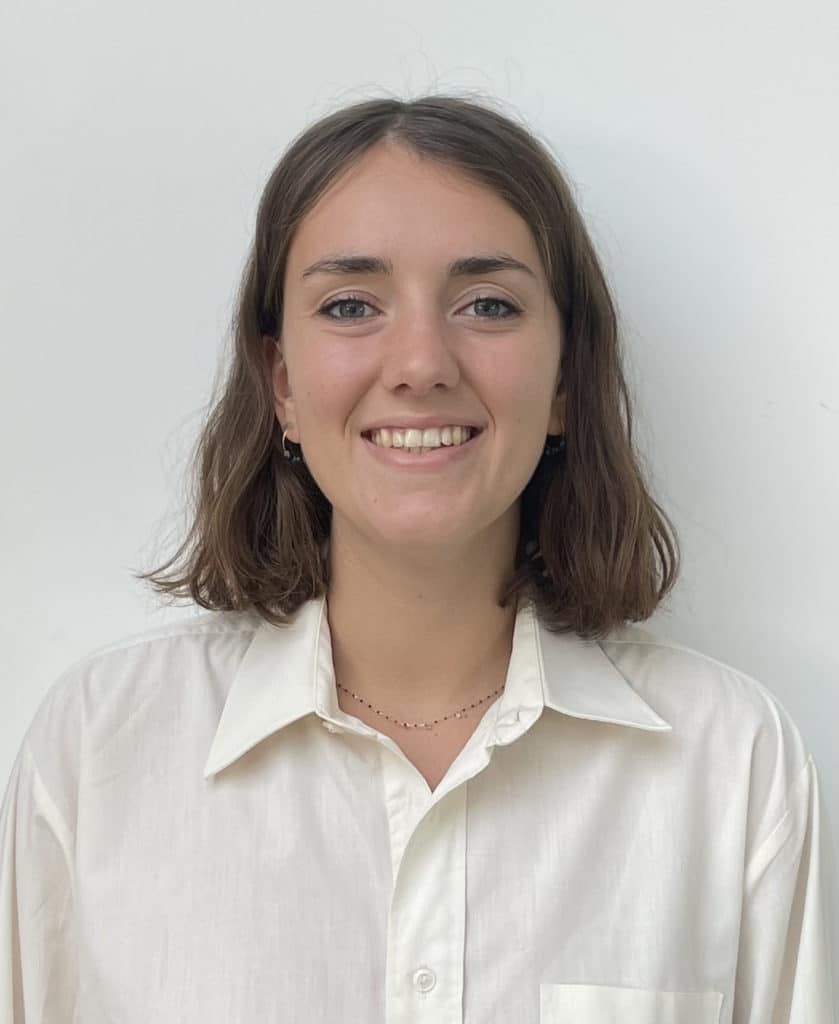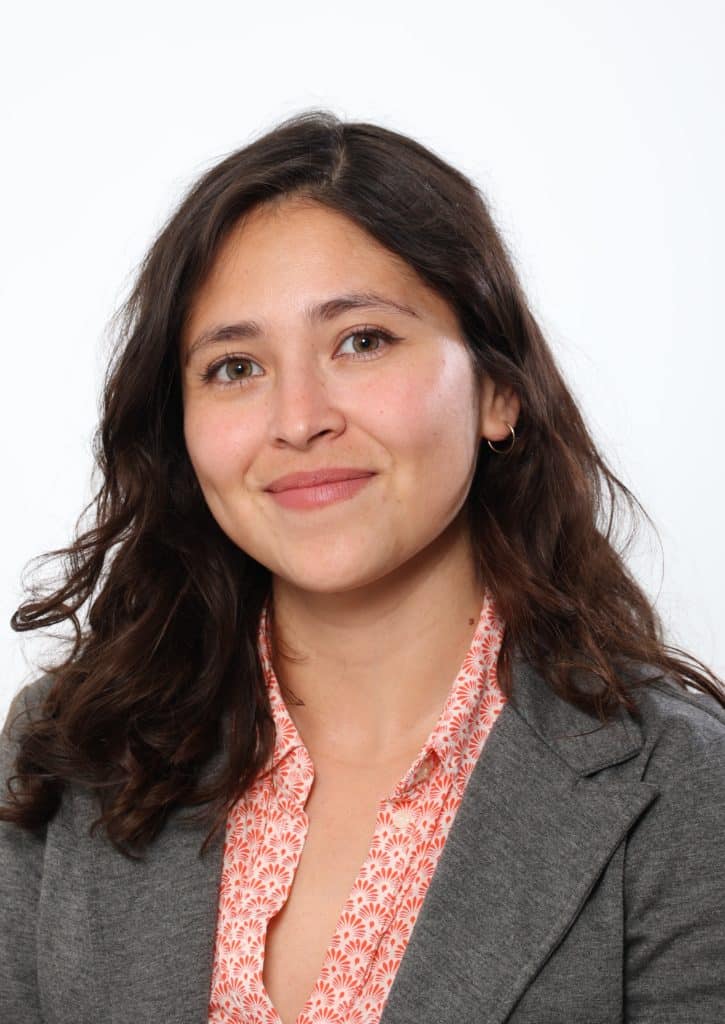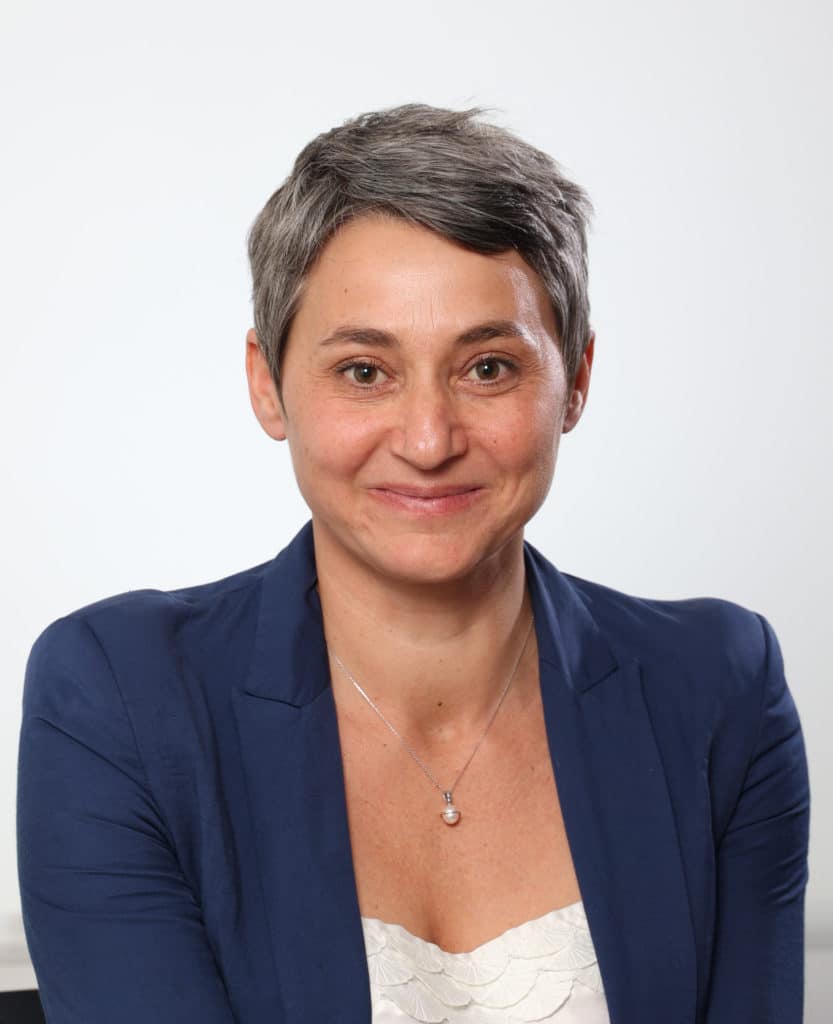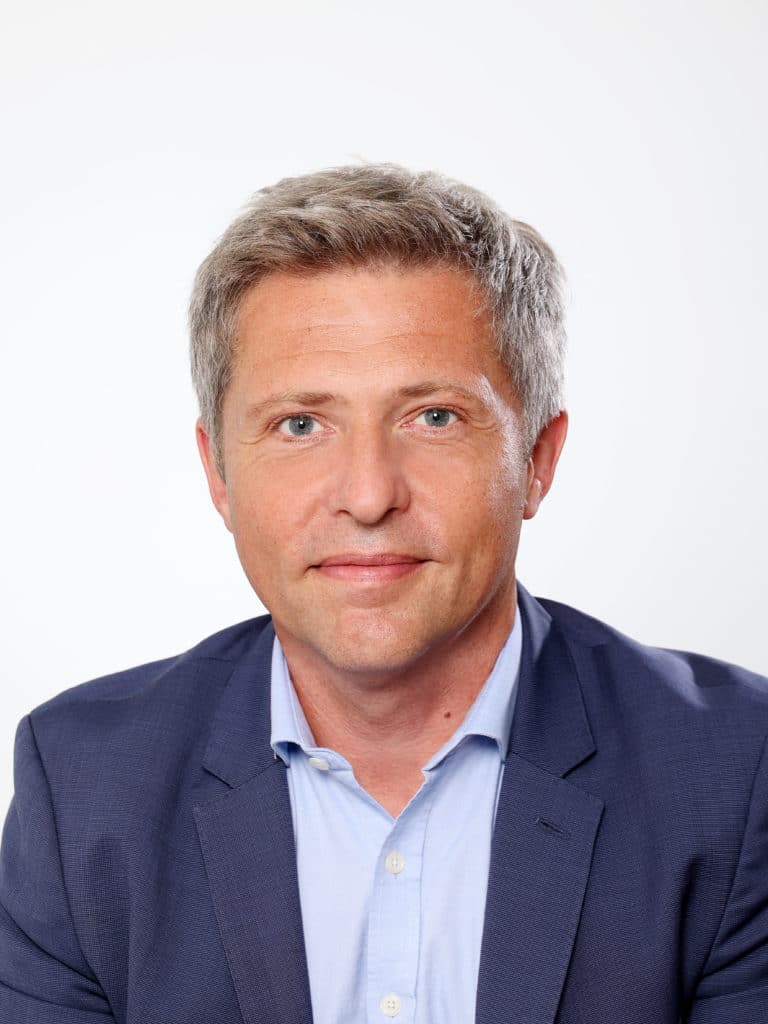Étude thématique, rapport
Ville informelle : recommandations pour un développement durable des villes
- Créativité
- Inclusion
- Résilience
- Sobriété
- Planification
- Aménagement
- Coopérations territoriales
Ce document présente les grandes recommandations élaborées par les membres du Partenariat Français pour la Ville et les Territoires (PFVT), plateforme d’échanges et de valorisation de l’expertise des acteurs français de l’urbain à l’international. Ces documents sont préparés à l’occasion du Forum Urbain Mondial d’Abu Dhabi de février 2020 et du Sommet Afrique-France de juin 2020.
Si le quartier informel n’est pas une fatalité, il est souvent plus facile pour les décideurs et plus profitable pour les aménageurs et les promoteurs de créer une ville nouvelle au lieu de restructurer les quartiers précaires. C’est ainsi que les populations les plus vulnérables sont souvent exclues et condamnées à survivre dans des quartiers irréguliers, enclavés, et non desservis par des services essentiels de qualité. Dans les pays émergents et en développement, la problématique se pose d’autant plus que les constructions sans autorisations se sont multipliées, rendant ce système dominant dans la gestion et la gouvernance des villes et des territoires. Dans cette configuration, les capacités d’anticipation de planification stratégique des autorités locales et nationales manquent, et ne prennent pas suffisamment en compte les besoins et objectifs d’insertion sociale et économique des plus vulnérables.
Dans ce cadre, les recommandations proposées par le groupe de travail « Ville informelle » mettent en avant la nécessité d’anticiper les extensions urbaines, de développer des services écologiquement innovants, de garantir la participation des habitants et des acteurs, et enfin de responsabiliser les bailleurs aux valeurs humaines, culturelles et écologiques, pour promouvoir un développement durable des villes et des territoires.

